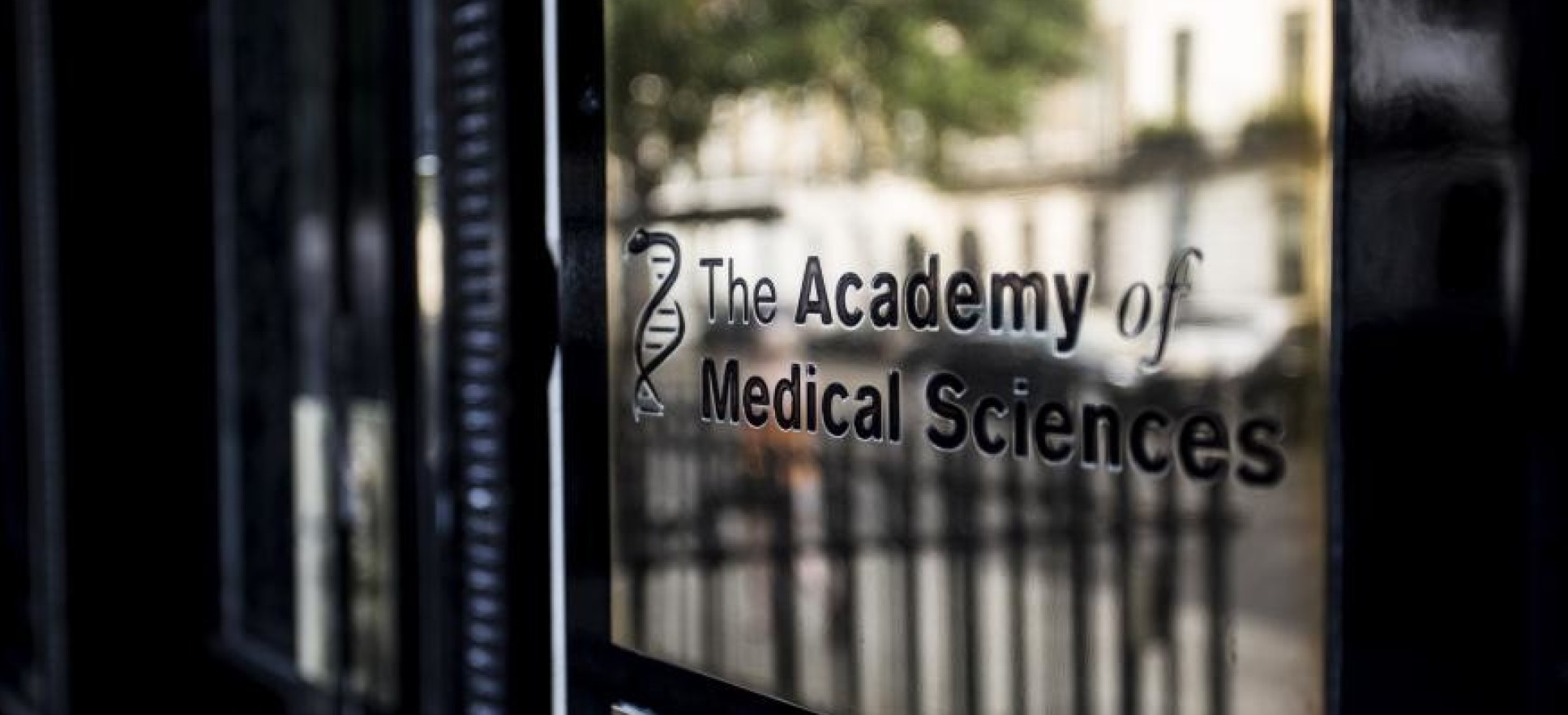Prepare now for winter COVID-19 peak, warn infectious disease experts

The UK must prepare now for a potential new wave of coronavirus infections this winter, says a new Academy of Medical Sciences report.
The report, which draws on expertise from multiple Imperial researchers including Professors Azra Ghani, Wendy Barclay, Peter Openshaw and Steven Riley, shows that a potential new wave of COVID-19, combined with a backlog of patients needing NHS care following the first wave and a possible flu epidemic, poses a serious risk to health in the UK.
These new pressures are in addition to the challenge winter usually presents to the NHS, when other infectious diseases are more common and conditions such as asthma, heart attack, chronic obstructive pulmonary disease and stroke tend to worsen.
The report was written by a team of 37 specialists from multiple institutions at the request of the UK’s Chief Scientific Adviser Sir Patrick Vallance.

The ‘Preparing for a challenging winter 2020/21’ report stresses that ‘intense preparation’ is urgently needed throughout the rest of July and August to reduce the risk of the health service being overwhelmed and to save lives this winter. This includes:
- Minimising transmission of coronavirus in the community, with a public information campaign for all, as well as advice tailored to individuals and communities at high risk.
- Reorganising health and social care staff and facilities to maintain COVID-19 and COVID-19-free zones, and ensure there is adequate PPE, testing and system-wide infection-control measures to minimise transmission in hospitals and care homes.
- Increasing capacity of the test, trace and isolate programme to cope with the overlapping symptoms of COVID-19, flu and other winter infections.
- Establishing a comprehensive, near-real-time, population-wide surveillance system to monitor and manage a winter wave.
- Guarding against the worst effects of flu with a concerted effort to get people at risk, and health and care workers safely vaccinated.
Preparing for the worst
The report describes an urgent need to prepare now in order to mitigate the risk of a challenging winter ahead.
Using a worst-case scenario – in which the effective reproduction number, R, of SARS-CoV-2 rises to an assumed value of 1.7 in September – a peak in hospital admissions and deaths is expected in January and February with an estimated 119,000 (95% credible interval 24,500 – 251,000) associated hospital deaths between September 2020 and June 2021. This is more than double the number of deaths during the first wave in spring 2020.
In addition, the report estimates the overall waiting lists in England could increase from 4.2 million (pre-COVID-19) to 10 million by the end of this year. The value of R of 1.7 illustrates a worst-case scenario; however, even under lower R of 1.1-1.5, the health system will be stretched. In March 2020, the R number in the UK was around 3, currently it is estimated to be in the range 0.7-0.9.
 Professor Azra Ghani, Chair in Infectious Disease Epidemiology at Imperial said: “During a typical winter, NHS and social care systems are normally at, or close to full capacity. A winter also triggers, more illness, accidents including fractures in the elderly and all of these add to the pressure. On top of that, we always have the possibility of a flu epidemic. To try and understand what the winter would look like, additionally this year of course we need to think about what would happen with COVID-19. I stress that it is not possible to predict what exactly will happen, because that will be determined by the action that we take now.”
Professor Azra Ghani, Chair in Infectious Disease Epidemiology at Imperial said: “During a typical winter, NHS and social care systems are normally at, or close to full capacity. A winter also triggers, more illness, accidents including fractures in the elderly and all of these add to the pressure. On top of that, we always have the possibility of a flu epidemic. To try and understand what the winter would look like, additionally this year of course we need to think about what would happen with COVID-19. I stress that it is not possible to predict what exactly will happen, because that will be determined by the action that we take now.”
The researchers stress the importance of public information campaigns and community involvement in the response, the need to take care of one-another, not meeting in large crowds and wear facemasks.
In addition, measures can be taken to minimise the impact of the upcoming flu season by protecting people through vaccinating health and social care workers and priority groups including school children. Scaling up test, trace and isolation measures and testing when symptoms present is crucial.
The report focusses on how to build a resilient NHS with system-wide action to keep the NHS open and running. The time to take action and re-organise is now (from July to October) while infection rates are low, as it will be more difficult to mobilise during a new peak in January and February.
Professor Stephen Holgate, a respiratory specialist from University Hospital Southampton NHS Foundation Trust, who chaired the report, said: “This is not a prediction, but it is a possibility. The modelling suggests that deaths could be higher with a new wave of COVID-19 this winter, but the risk of this happening could be reduced if we take action immediately.”
“With relatively low numbers of COVID-19 cases at the moment, this is a critical window of opportunity to help us prepare for the worst that winter can throw at us.”
AMS middle picture credit: Big T Images for Academy of Medical Sciences
Article text (excluding photos or graphics) © Imperial College London.
Photos and graphics subject to third party copyright used with permission or © Imperial College London.
Reporter
Dr Sabine L. van Elsland
School of Public Health
Andrew Scheuber
Communications Division